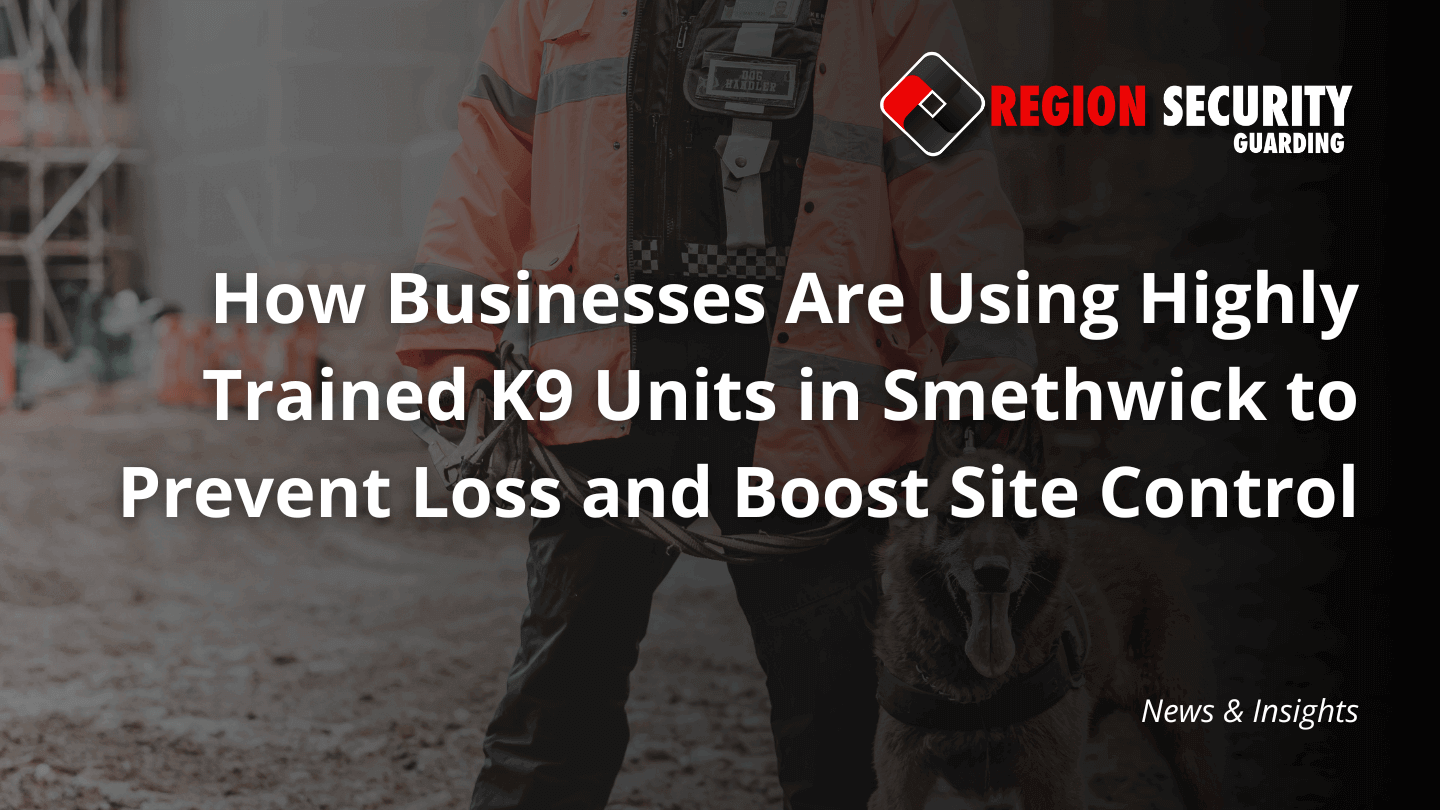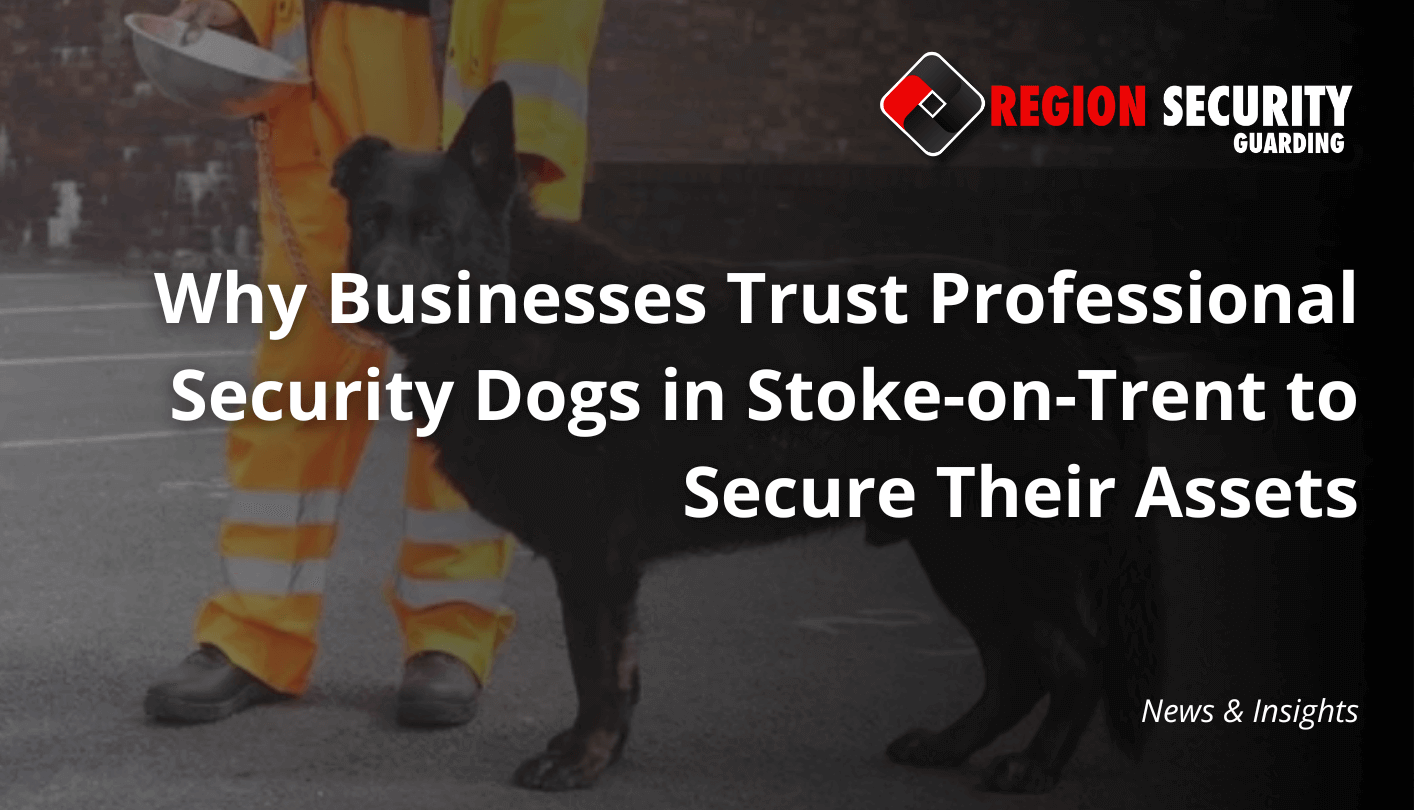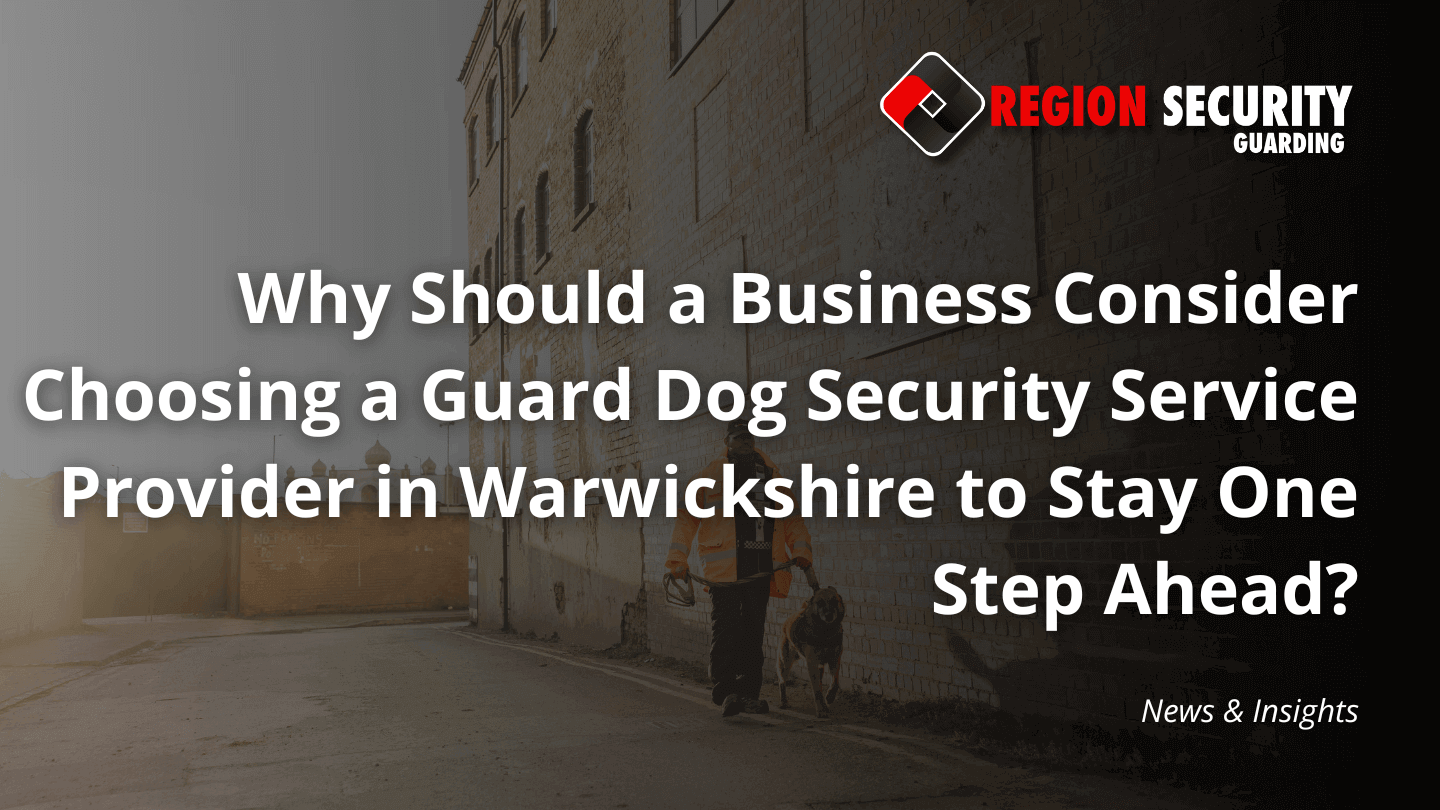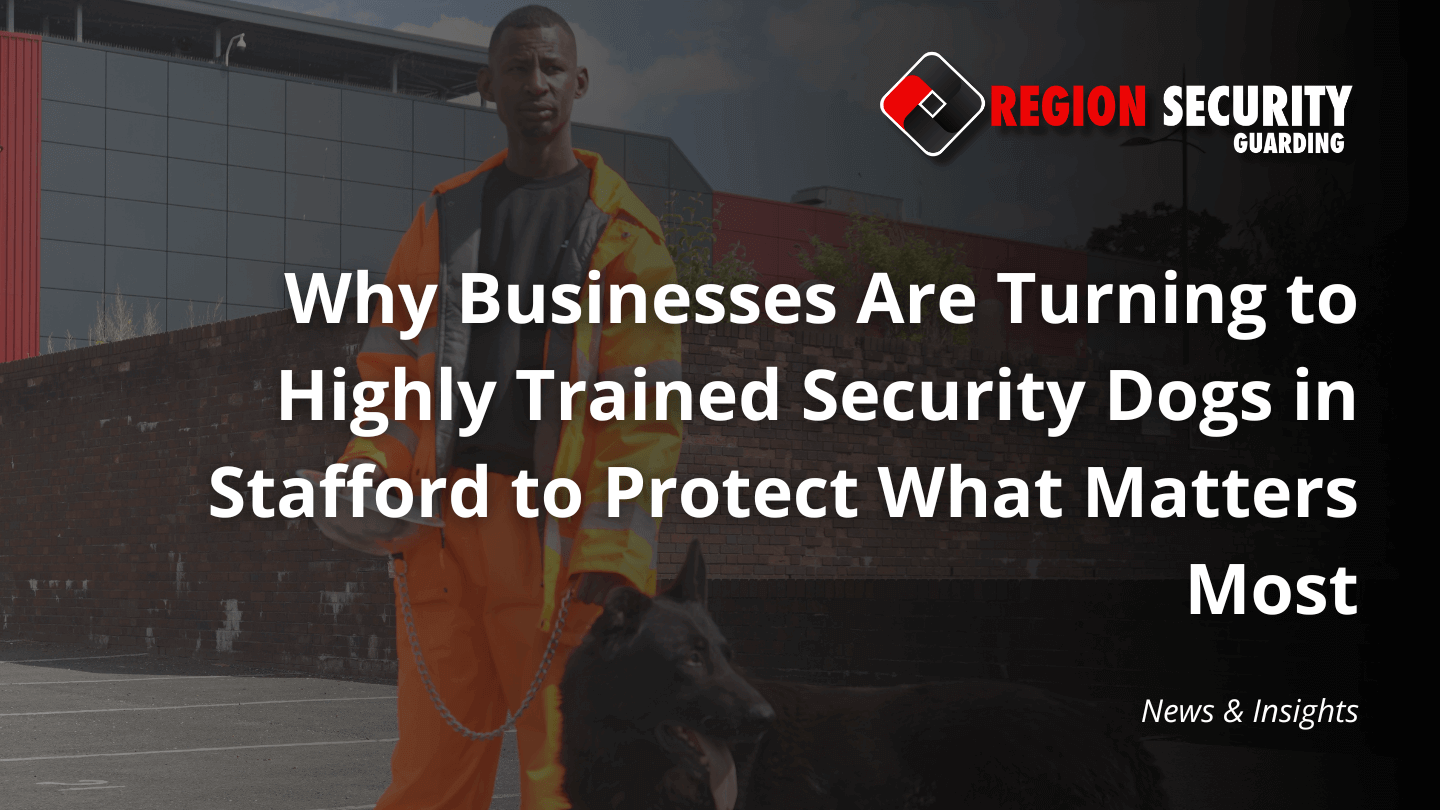The UK is one of the safest countries in the world when it comes to gun-related crimes. However, this doesn’t mean these types of offences don’t happen throughout the nation.
Offences that involve firearms have seen a 9% increase from 2022 to 2023 across England and Wales, according to the Office of National Statistics. This is despite the tight gun laws and regulations that are already in place within the UK.
In this article, we will be taking a deeper look into the factors that contribute to gun crime in the UK, whilst evaluating the risks it poses.
Table of Contents

What is Gun Crime UK?
Gun crime is defined as:
“Crime in which guns are taken to be involved in an offence. A gun is taken to be involved in an offence if it is fired, used as a blunt instrument, or used as a threat.”
By The Home Office.
If a victim believes a firearm is present – whether visible or concealed – and there is evidence that the suspect intended to create that impression, it is considered gun crime in the UK. This includes real firearms, imitation weapons, and air-powered guns.
Another vital point to keep in mind is that not all gun crime is made up of homicides or violence. Whilst these are the offences that most often dominate news headlines when they happen, the term actually covers a much wider range of offences. Some include:
- Possession of guns without a certificate
- Making, selling or transferring firearms without being a registered arms dealer
- Converting or modifying guns
- Owning banned firearms
- Violent crime with a firearm, such as homicide, robbery or sexual assault
Whilst there are other examples of the different types of gun crime in the UK, these are intended to give a general idea of gun-involved crime. It certainly isn’t just a violent crime.
Gun Crime Statistics UK
The UK has some of the strictest gun control laws in the world. This helps contribute to the low amount of gun crime in the UK, especially when incidents involve firearms.
In the year ending December 2024, there were a reported 6,367 firearm offences (excluding air weapons). Additionally, according to Statista, shootings accounted for 4.9% of all homicides in England and Wales.
When these statistics are compared with a country with considerably less strict gun control measures and regulations, trends show a noticeable difference. In America, there were 18,874 firearm homicides in 2023.
This figure alone is roughly 3 times the number of total gun-related crimes within the UK.
Overall, there are many more factors that could be taken into consideration when comparing the two countries, such as size and population. Additionally, it is important to take into account the impact that gun control laws have on these figures. Gun crime in the UK is much less likely due to the tighter regulations surrounding licencing.

Where Does the Most Gun Crime in the UK Happen?
When you think of the area with the most gun crime in the UK, you might assume the West Midlands takes that title, due to the fact it has the highest knife crime rates.
In that case, you would be correct, as figures released by The Home Office in 2020/21 revealed that the West Midlands does have the highest rate of gun crime in the UK. The area was recorded to have 25 firearm offences per 100,000 people.
This was an increase from the previous year’s figures, which were 24 offences per 100,000 people. It doesn’t help that the West Midlands suffers from a high rate of violence and sexual offences, as well, at 31 crimes per 1,000 people.
To put things into perspective, in 2023, the West Midlands reported 805 gun crimes (excluding air weapons). While concerning, this figure is somewhat lower than London’s 1,208 cases and Yorkshire and The Humber’s 1,068, making it appear somewhat less alarming by comparison.
Are Guns Legal in the UK?
In the UK, gun ownership is largely prohibited, with a few exceptions. However, it’s important to note that the firearms that can be legally owned are subject to strict licencing requirements and conditions.
Generally, the UK law has different classifications for different firearm types. This can impact what sort of licencing, certifications, or registration might be required to own a gun legally.
Shotgun Licencing in the UK
Shotguns are the most commonly found firearm in the UK. As of March 2023, there are 500,894 shotgun certificates on issue.
It is worth noting that you must meet the criteria to be eligible to successfully apply for a shotgun. This criteria includes needing evidence from your GP that you are medically fit to own a firearm, as well as providing a full list of criminal history, if any.
In addition to getting the certification, there are restrictions on the weapon itself. These include:
- The barrel must be at least 24 inches in length
- The bore of the barrel can be no more than 2 inches in diameter
- The shotgun cannot have a magazine or non-detachable magazine that can hold more than two rounds
Prohibited Firearms in the UK
Whilst there are a few exceptions as to which guns can be owned in the UK, there are far more that are illegal to own. These restrictions are what help to contribute to the low rates of gun crime in the UK. Examples of banned firearms include, but are not limited to:
- Fully automatic or burst-fire firearms
- Cartridge ammunition handguns
- Lever-release action rifles
- Firearms disguised as other objects
- Easily converted firearms
It becomes apparent reasonably quickly as to why these firearms are banned. Fully automatic and lever-release firearms have the potential for much more damaging and dangerous crimes. In the instances of mass shootings, they would be likely to produce larger numbers of casualties.

Gun Crime Incidents in the UK That Led to Gun Control Reform
There have been multiple major incidents of gun crime in the UK over the past few decades that have caused the implementation of stricter gun laws. Some of the most notable ones are:
The Hungerford Massacre
In 1987, an assailant armed with two semi-automatic rifles and a pistol began a killing spree across the town. The massacre resulted in the death of 16 people, and the further injury of another 15. In the aftermath of the shooting, the assailant then turned the gun on themselves.
When the suspect’s weapons were collected, it was discovered that they were all legally licensed. This resulted in the government making an amendment to firearm legislation, tightening them considerably. This tragedy marked the prohibition of burst-fire rifles and semi-automatic firearms.
The Dunblane Massacre
The Dunblane Massacre gained the name of the deadliest mass shooting in the UK following its occurrence in 1996. The shooting took place in Scotland and was caused by a former scout leader who was driven from their position in 1974. The suspect entered a primary school with two pistols and two revolvers. His victims included 16 students and their teacher before he turned the gun on himself.
Police Firearms Licencing officer staff were unaware of the suspect’s ousting from The Scout Association and were also unaware of allegations of his unsavoury behaviour at the boys’ summer camps he had organised.
The tragedy resulted in improved information sharing between police departments, and more thorough background checks of firearm applicants. A firearm legislation was also introduced that banned small firearms with a barrel length of less than 12 inches or a total length of 24 inches.
The Cumbria Shootings
In 2010, a taxi driver initiated a shooting spree in Cumbria. The incident cost the lives of 12 people, and a further 11 injured. The perpetrator turned the gun on themselves after the incident.
The suspect used a 12-gauge double-barrelled shotgun and a bolt action rifle. The shotgun is still a weapon that can be legally owned to this day, though the assailant has made illegal modifications. He had sawed the barrel off of the gun, which immediately violates the firearms legislation in place.
Additionally, the perpetrator was a licensed firearms holder, which sparked debates about further gun control laws in the UK. Despite this, no additional legislation was put in place following the incident.
Plymouth Shootings
The mass Plymouth shootings took place in 2021. An apprentice crane operator and bodybuilding enthusiast ended up killing 5 people, one of which included his own mother. A further two people were injured in the incident. Following the shooting, he turned his gun on himself.
The motives were quickly connected to his declining mental health and quality of life. The perpetrator’s internet activity also helped to shed some light on this matter, where he considered himself part of an online movement. The movement, however, mostly involved blaming others for his own issues and hardships, in addition to regularly venting about his frustrations online.
The assailant was armed with a legally acquired shotgun, but an investigation later revealed that he had previously had his certificate revoked when he admitted to assaulting two younger people. It was, however, given back after he took part in a Pathfinder programme.
It was discovered that Firearms Enquiry Officers at Devon and Cornwall Police had not received training for 2 decades. This allowed a dangerously unsafe culture to develop.
This incident triggered The Home Office to re-evaluate how firearms and shotgun certificates were given. A national training programme for Firearms Enquiry Officers was also introduced. The UK government also mentioned that it wanted police to consider the social media activity of people applying for firearms and shotguns licences.
So, Gun Crime in the UK
While figures for gun crime in the UK stay relatively low, it is crucial to stay cautious and aware of them. The mass shootings are still a relatively recent problem, with tragedies happening as recently as 2021. However, on a more positive note, it is clear that the government responds and reconsiders gun legislation when an incident does happen.
For the latest news on crime, consider taking a look at our news and insights page. There, you can find articles like Can Crime Be Eliminated? and Knife Crime in the UK.
Alternatively, if you’d prefer to take a look at the latest in security tips and tricks, you can look at our Region Security Guarding YouTube channel.
Business Security You Can Rely On
Trusted by leading businesses nationwide for reliable, 24/7 protection.
or call 0330 912 2033

We have used Region security for quite a while now. Top notch service, great guards and helpful staff. We love our guards and the team for all of their help / work. No need to try the other companies at all."
Andy Yeomans - Jones Skips Ltd
Great company, professional services, friendly guards and helpful at times when required."
Rob Pell - Site Manager
A professional and reliable service. Always easy to contact and has never let us down with cover. No hesitation in recommending and competitively priced also. After using an unreliable costly company for several years it is a pleasure to do business with Region Security"
Jane Meier - Manager
Region Security were very helpful in providing security for our building. We had overnight security for around 4 months. The guards themselves were professional, easy to reach and adapted very well to our specific needs. Would definitely recommend Region for security needs.
Lambert Smith Hampton
Great service. Reliable and professional and our lovely security guard Hussein was so helpful, friendly but assertive with patients when needed. He quickly became a part of our team and we would love to keep him! Will definitely use this company again
East Trees Health Centre
Fantastic Service from start to finish with helpful, polite accommodating staff, we have used Region Security a few times now and always been happy with what they provide.
Leah Ramsden - Manager




